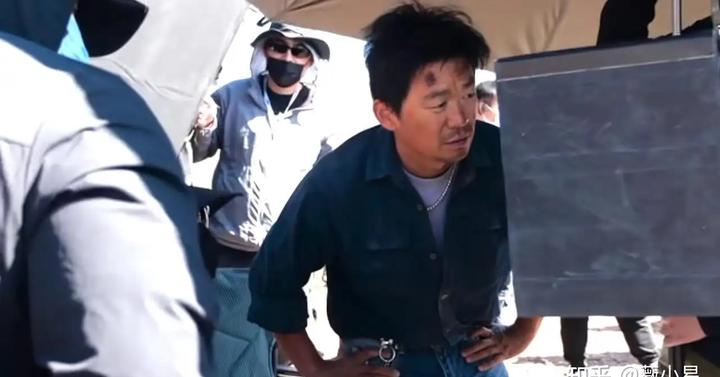Controversy Surrounds Box Office Revenue Sharing of Chinese Film 'Eight in the Cage'
A dispute has emerged over alleged fraud in the box office revenue sharing of the Chinese film ‘Eight in the Cage’ between director Wang Baoqiang and the Enbo Fight Club, which has filed a police report claiming they were promised 5% of total ticket sales.

A major controversy has erupted in China’s film industry regarding box office revenue sharing practices involving the highly successful film “Eight in the Cage.” The Enbo Fight Club in Chengdu recently filed a police report against director Wang Baoqiang, alleging fraud related to unfulfilled profit-sharing promises.
Box office revenue distribution in China’s film industry follows a complex formula. Typically, theaters and cinema chains take the largest share, around 50-60%. After deducting marketing costs, taxes, and other expenses, production companies usually receive approximately 35-40% of total ticket sales. From this remaining portion, various stakeholders including investors, producers, and talent must be compensated.
The central dispute revolves around Enbo Fight Club’s claim that they were promised 5% of the total box office revenue, which reached 2.2 billion yuan. However, industry experts point out that such an arrangement would be highly unusual and potentially unfeasible. Production companies rarely offer percentage deals based on gross box office receipts, instead typically structuring deals based on net profits after expenses.
Wang Baoqiang served multiple roles in the film as director, producer, and lead actor. His production companies were major investors, giving him significant control over the project’s financial structure. The film took five years to complete, during which Enbo Fight Club claims they provided substantial support including facilities and personnel.
The case highlights the often opaque nature of film financing and profit-sharing in China’s entertainment industry. While police have acknowledged receiving the complaint and issued a case receipt, no findings have been announced. Wang Baoqiang’s team maintains that all contractual obligations were fulfilled and that any agreements made were properly documented.
This dispute exemplifies a broader tension in China’s rapidly evolving film industry between traditional handshake agreements and the need for more sophisticated contractual arrangements as projects grow larger and more complex. Industry observers note that without clear written agreements specifying exact terms of profit participation, such disputes are likely to continue.
The controversy has sparked widespread discussion on Chinese social media, with many questioning the feasibility of the alleged 5% gross revenue agreement. Some argue that even major investors rarely receive such favorable terms, while others point to the need for greater transparency in film financing structures.
The outcome of this case could have significant implications for how future film partnerships are structured in China, particularly regarding the documentation of profit-sharing arrangements and the protection of various stakeholders' interests in major productions.